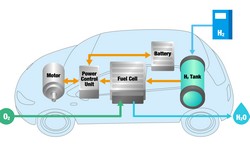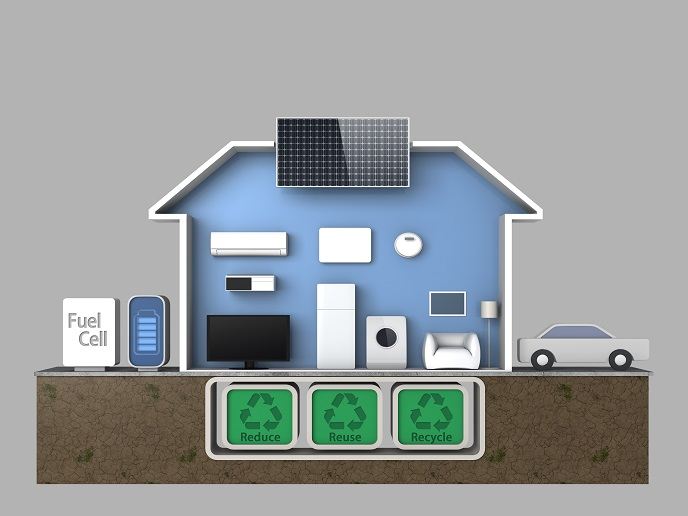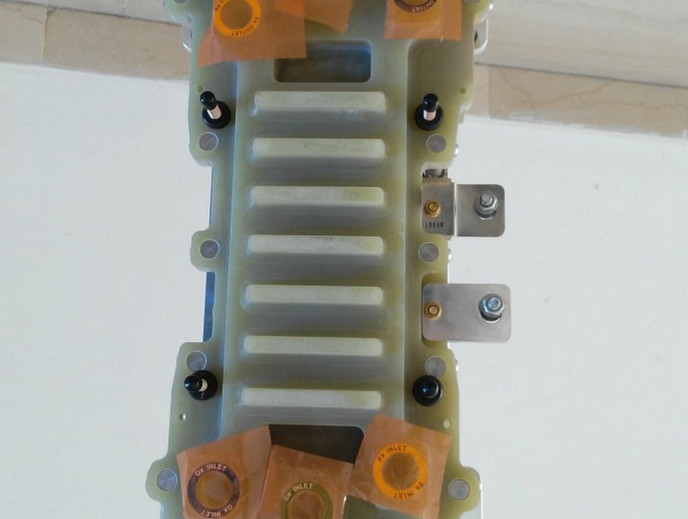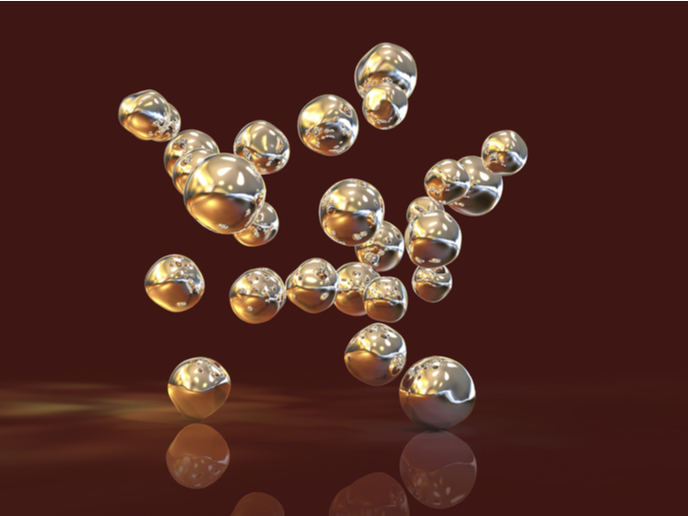Are fuel cells as durable as conventional engines?
Polymer electrolyte fuel cells (PEFCs) are highly promising because of their low operating temperature and ability to tailor their electrical output to meet power requirements. They operate on pure hydrogen and generate electricity with zero carbon emissions. While significant progress has been made in reducing costs and increasing PEFC lifetime, durability targets of 40 000 hours are still difficult to reach. With financial support from the EU, the project PREMIUM ACT(opens in new window) (Predictive modelling for innovative unit management and accelerated testing procedures of PEFC) aimed to overcome this hurdle. Researchers adopted an innovative approach, combining experiments with an original mechanistic, multi-scale model to reproduce degradation during all PEFC processes. This provided new insight on the coupling of degradation mechanisms in PEFCs that utilise reformate hydrogen, or hydrogen obtained through catalytic chemical processes. Ageing tests on membrane electrode assemblies revealed two types of degradation: reversible and permanent performance losses. Modifications in the electrochemical behaviour were identified by in-situ methods. Ex-situ methods helped evaluate the relationship between local degradation with heterogeneities in chemical, physical and structural properties of cell components and cell stacks. Direct methanol fuel cell stationary operation and load-cycling tests enabled researchers to identify the factors defining reversible degradation as well as conditions ensuring the minimum reversible losses. Studies on load cycling and the effects of reformate fuel composition revealed that carbon monoxide concentration has a major impact on the reversible degradation rate. Importantly, researchers found ageing mechanisms related to degradation of the anode catalyst, containing both platinum and ruthenium. New evidence suggested that ruthenium dissolution and re-deposition affects the operation of PEFCs along with local conditions. They also quantified polymers losses and transport properties as a relationship of operating parameters. PREMIUM ACT research increased the current understanding of PEFC operations and revealed conditions improving voltage stability and prolonging the cell lifetime. Enhancing durability of fuel cell systems to ensure 40 000 hours of continuous service time is a major challenge, but the first step has been made in this direction.







